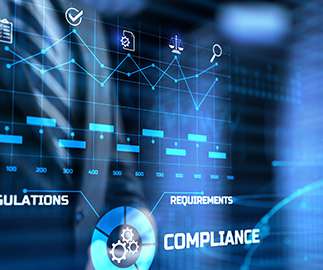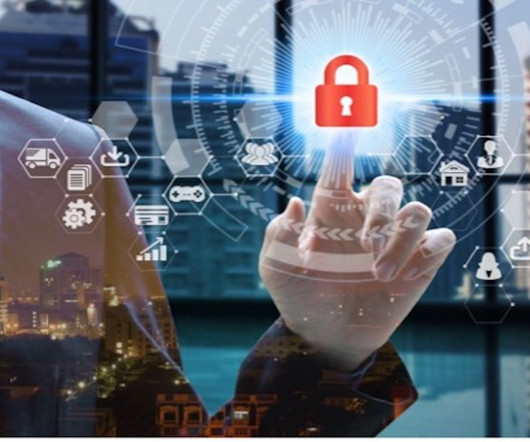5 Steps to Implement Enterprise Risk Management (ERM)
Reciprocity
AUGUST 18, 2022
Enterprise risk management (ERM) is critical for success in the modern business landscape. Your ERM program should encompass all aspects of risk management and response in all business processes, including cybersecurity, finance, human resources, risk management audit , privacy, compliance, and natural disasters.


















Let's personalize your content